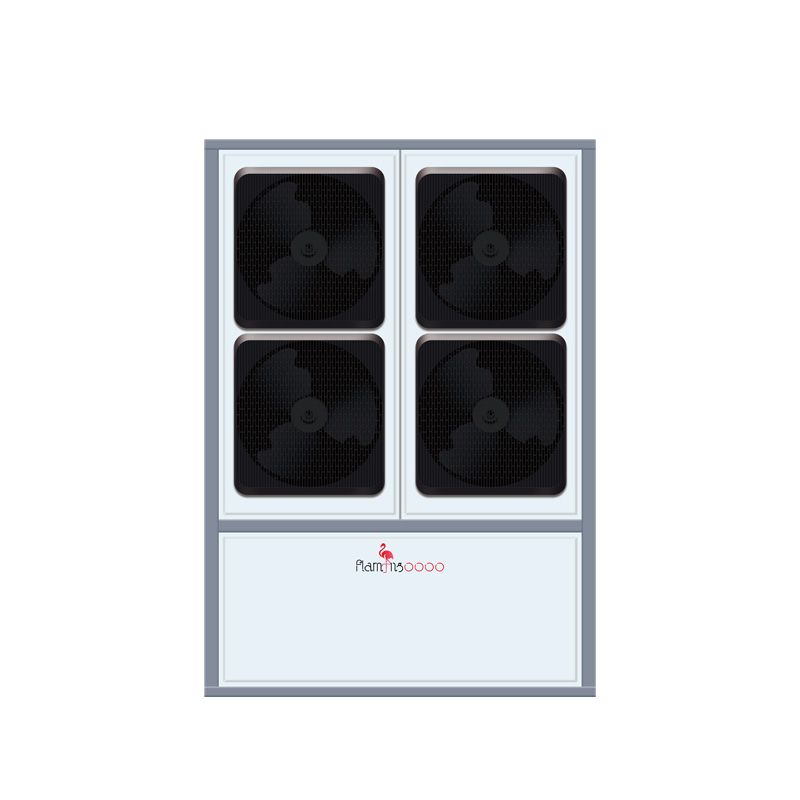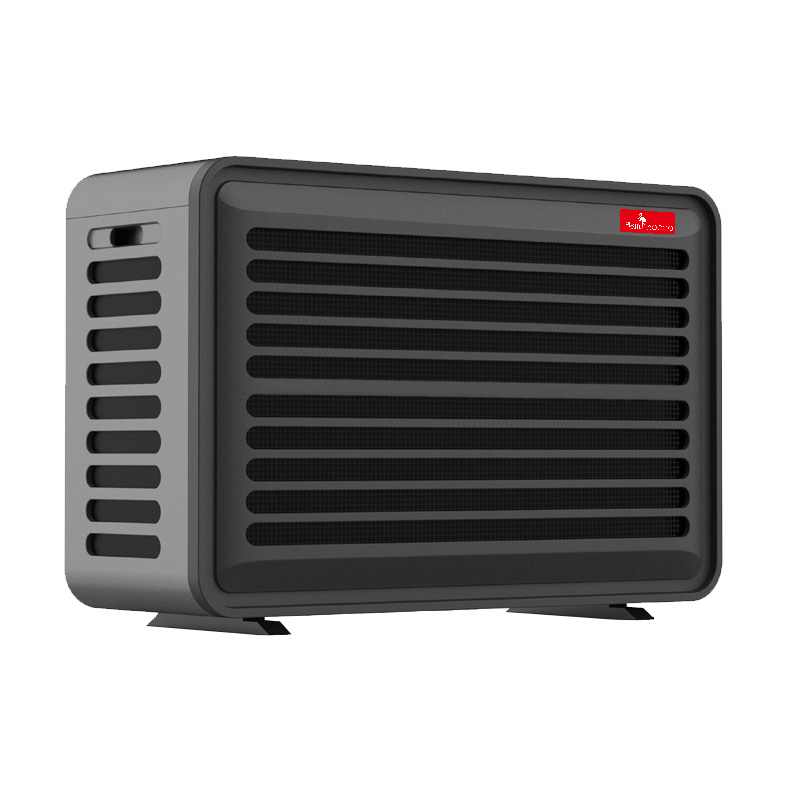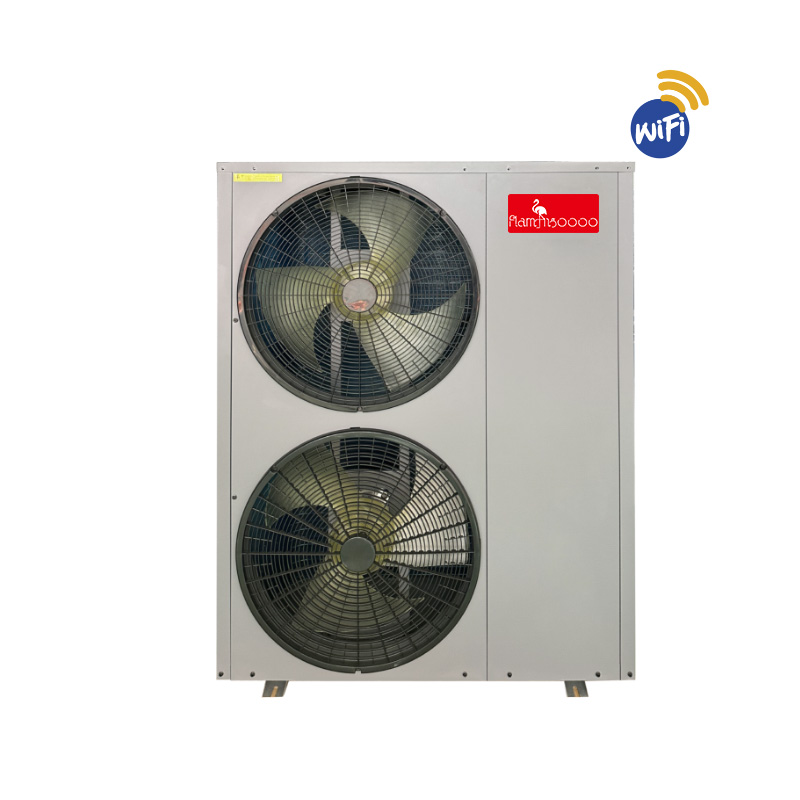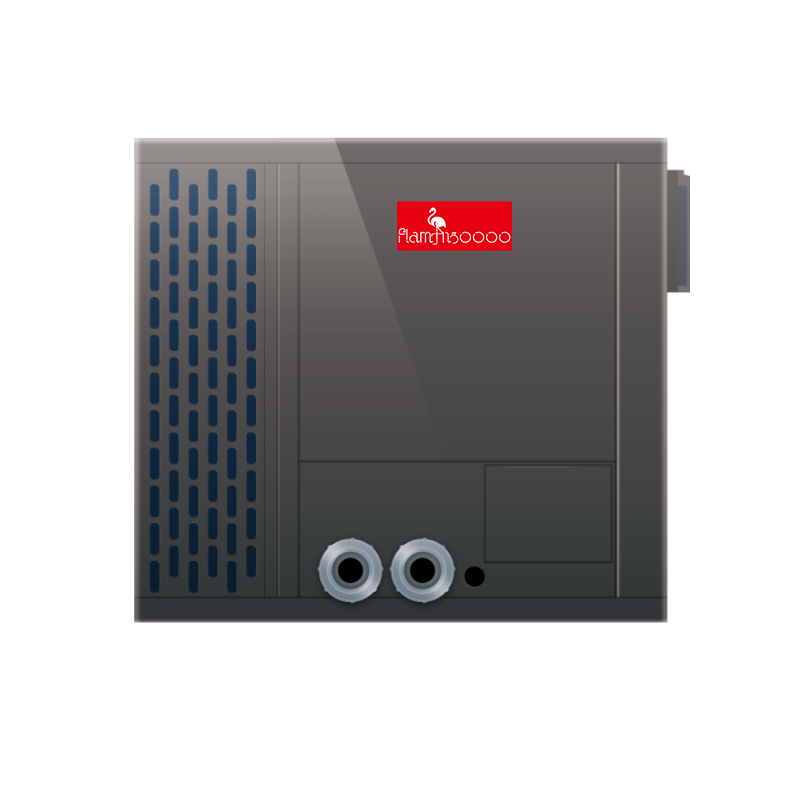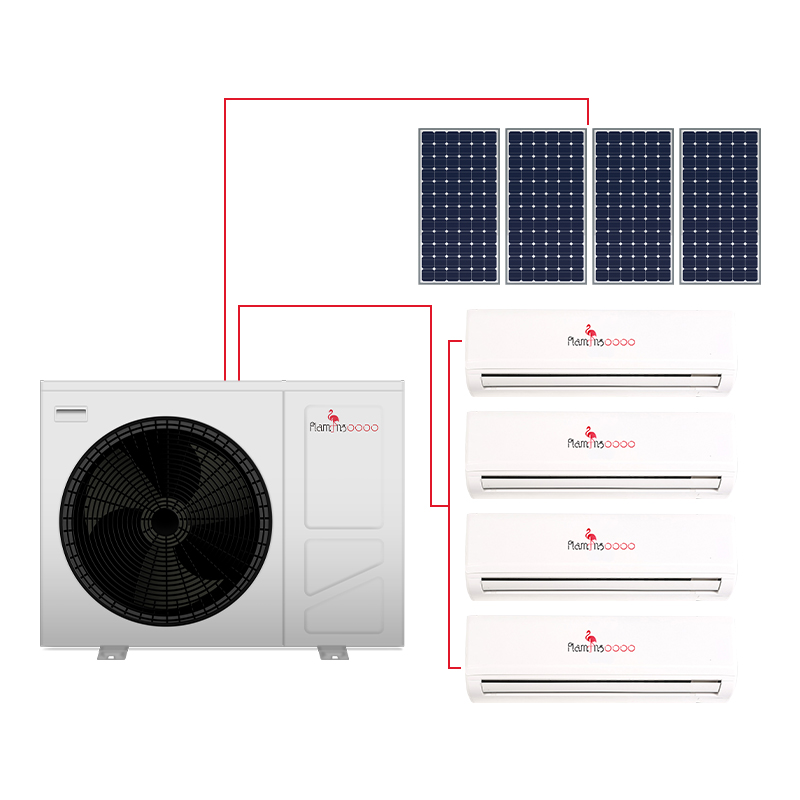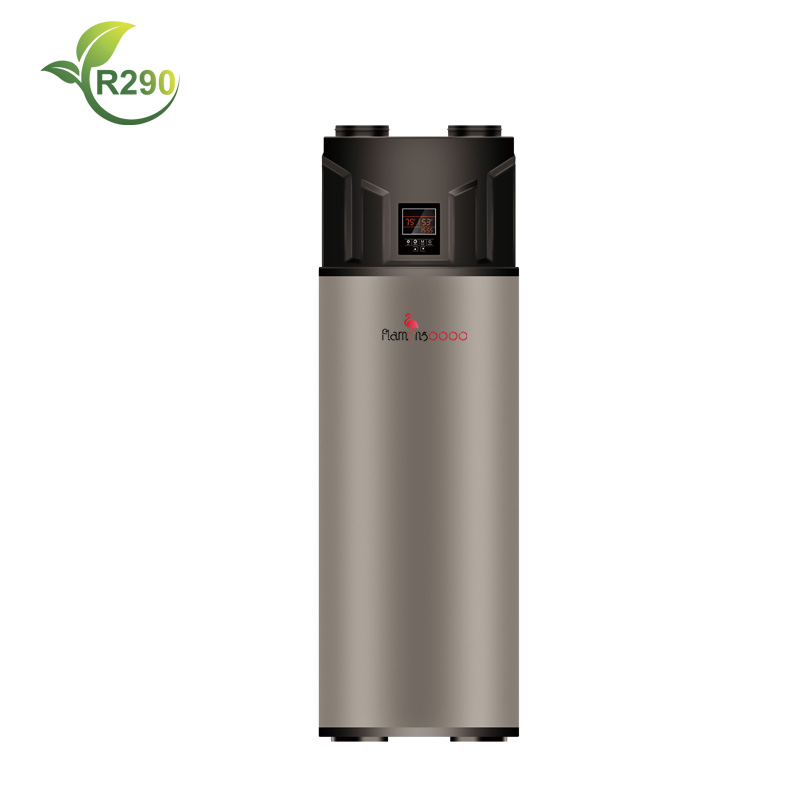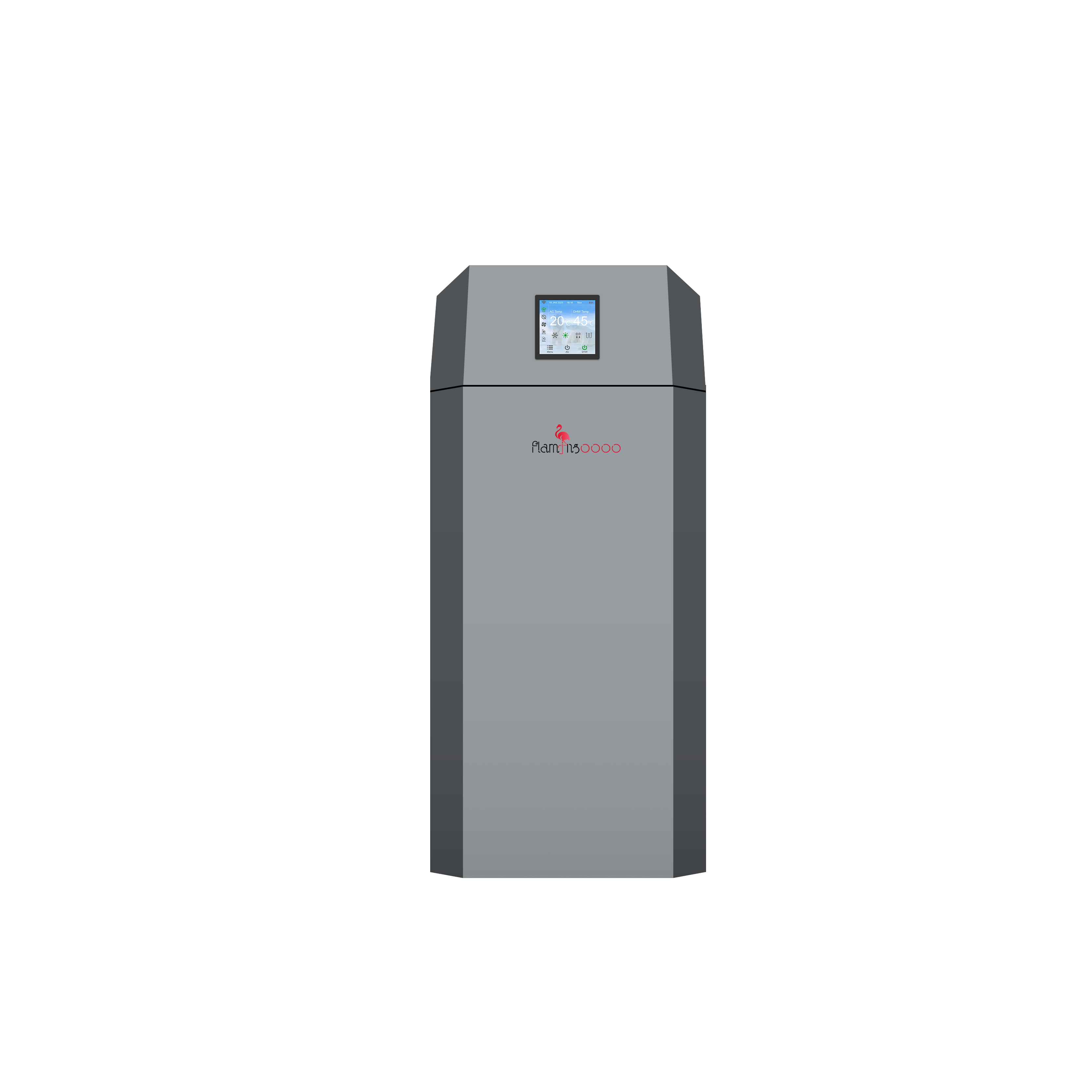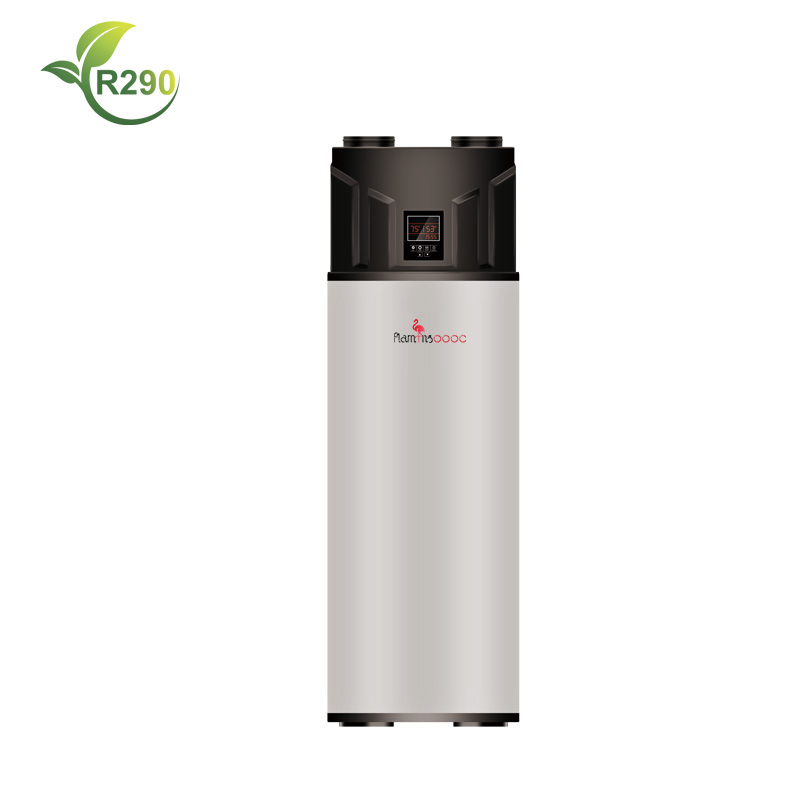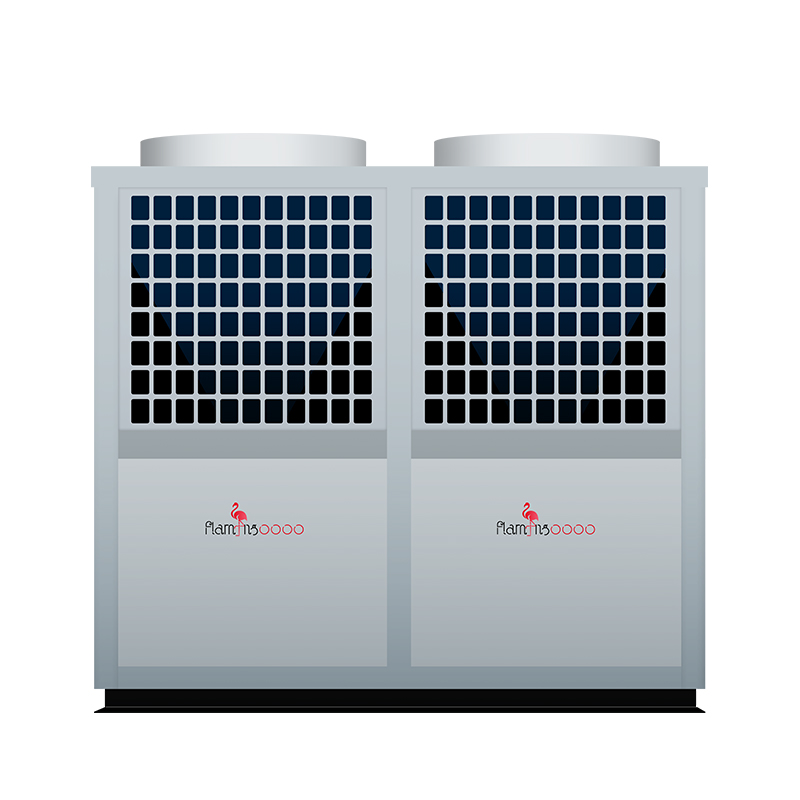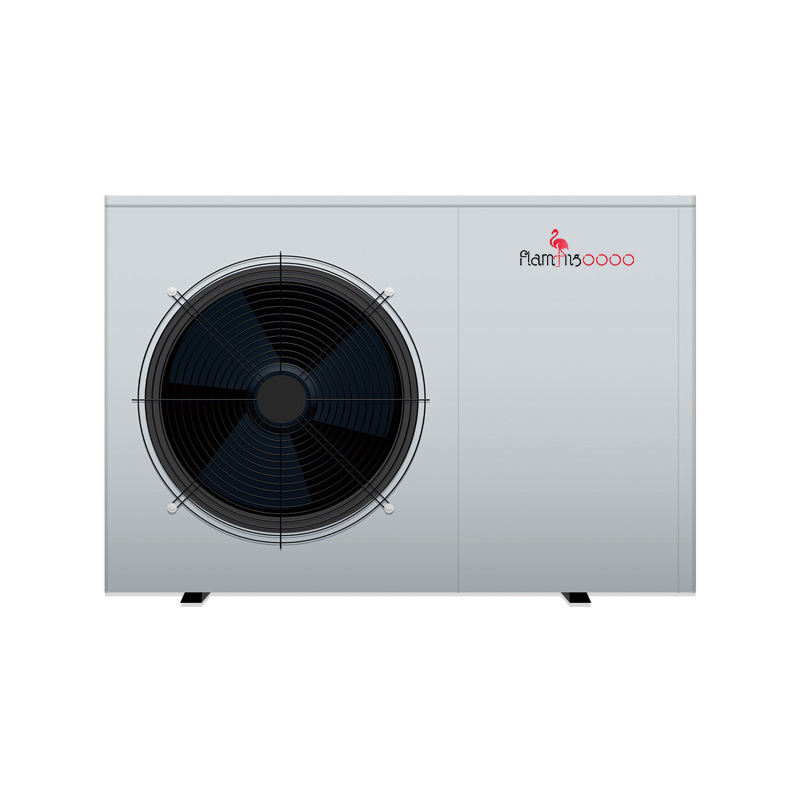Ordinary Heat Pumps vs. Inverter Heat Pumps: What’s the Difference?
As a leading manufacturer in the heating and cooling industry, we often get asked about the real differences between standard heat pumps and their inverter-driven counterparts. While both serve the same fundamental purpose—efficiently transferring heat to warm or cool your home—the technology behind each offers distinct advantages in performance, efficiency, and comfort.
In this article, we break down the key differences to help you make an informed decision for your home or business.
How Both Types Work – The Basic Principle
At their core, all heat pumps work by moving heat from one place to another. In heating mode, they extract heat from the outside air (even in cold weather) and transfer it indoors. In cooling mode, they reverse the process, acting like an air conditioner. The critical difference lies in how the compressor, the heart of the system, operates.
The Standard (On/Off) Heat Pump: Fixed Speed Operation
A standard heat pump, often called a single-speed or fixed-speed heat pump, operates in a simple, binary way: either completely ON or completely OFF.
Operation: The compressor runs at full capacity until the indoor temperature reaches the thermostat's set point. Then, it shuts off completely. When the temperature drifts too far from the desired setting, the compressor kicks back on at 100% power to start the cycle again.
Energy Use: This constant stopping and starting consumes a significant burst of energy each time the compressor turns on. This is similar to the fuel efficiency of a car in stop-and-go city traffic versus cruising on the highway.
Temperature Control: The system creates noticeable temperature swings, or "cycling." You might feel bursts of hot or cold air followed by periods of inactivity, leading to less consistent comfort.
Ideal For: This technology is more traditional and can be a cost-effective upfront solution for those with stricter budget constraints.
The Inverter Heat Pump: Variable Speed Precision
An inverter heat pump uses advanced technology to modulate the speed of the compressor motor. Instead of shutting off, it continuously adjusts its output to match the exact heating or cooling demand of the space.
Operation: A variable-frequency drive (the inverter) converts AC power to DC and controls the frequency of the electricity supplied to the compressor. This allows the compressor to run at a wide range of speeds, from low to high.
Energy Use: By avoiding frequent hard starts and stops—which are very energy-intensive—the inverter model operates far more efficiently. It can maintain a set temperature by running at a low, steady speed, consuming significantly less power. This can lead to substantial savings on energy bills, often 20-40% higher efficiency than standard models.
Temperature Control: This is the standout benefit. Inverter heat pumps provide superior comfort by maintaining a consistent temperature within a very tight range (as low as ±0.5°C). They operate quietly, eliminate drafts, and provide even heating and cooling throughout the home.
Performance in Cold Weather: Many advanced inverter models are designed to maintain high efficiency and effective heating at much lower outdoor temperatures compared to standard heat pumps.
Side-by-Side Comparison
Feature | Standard (On/Off) Heat Pump | Inverter Heat Pump |
Compressor Operation | Runs at 100% capacity or is off | Adjusts speed continuously to match demand |
Energy Efficiency | Lower efficiency due to frequent hard starts | High efficiency; saves significantly on energy bills |
Temperature Control | Temperature fluctuations (±2-3°C); less consistent | Precise, consistent temperature (±0.5°C); maximum comfort |
Noise Level | Louder when compressor suddenly starts/stop | Quieter, smoother operation due to reduced speed |
Dehumidification | Less effective in cooling mode as it cycles off | Excellent; runs longer at low speeds, removing more moisture |
Initial Investment | Lower upfront cost | Higher initial investment |
Long-Term Value | Higher operating costs | Lower operating costs, leading to faster ROI |
The Verdict: A Matter of Comfort and Efficiency
The choice between a standard and an inverter heat pump ultimately depends on your priorities. If the initial purchase price is the absolute primary concern, a standard unit may be considered.
However, for homeowners and businesses seeking the highest level of comfort, significantly lower energy costs, and a more modern, quieter, and environmentally friendly solution, the inverter heat pump is the clear and superior choice. The higher initial investment is typically offset by long-term energy savings and enhanced comfort.
As a manufacturer committed to innovation, we have invested heavily in our inverter technology line. We believe it represents the future of intelligent climate control, providing not just heating and cooling, but truly customizable comfort for every customer.

